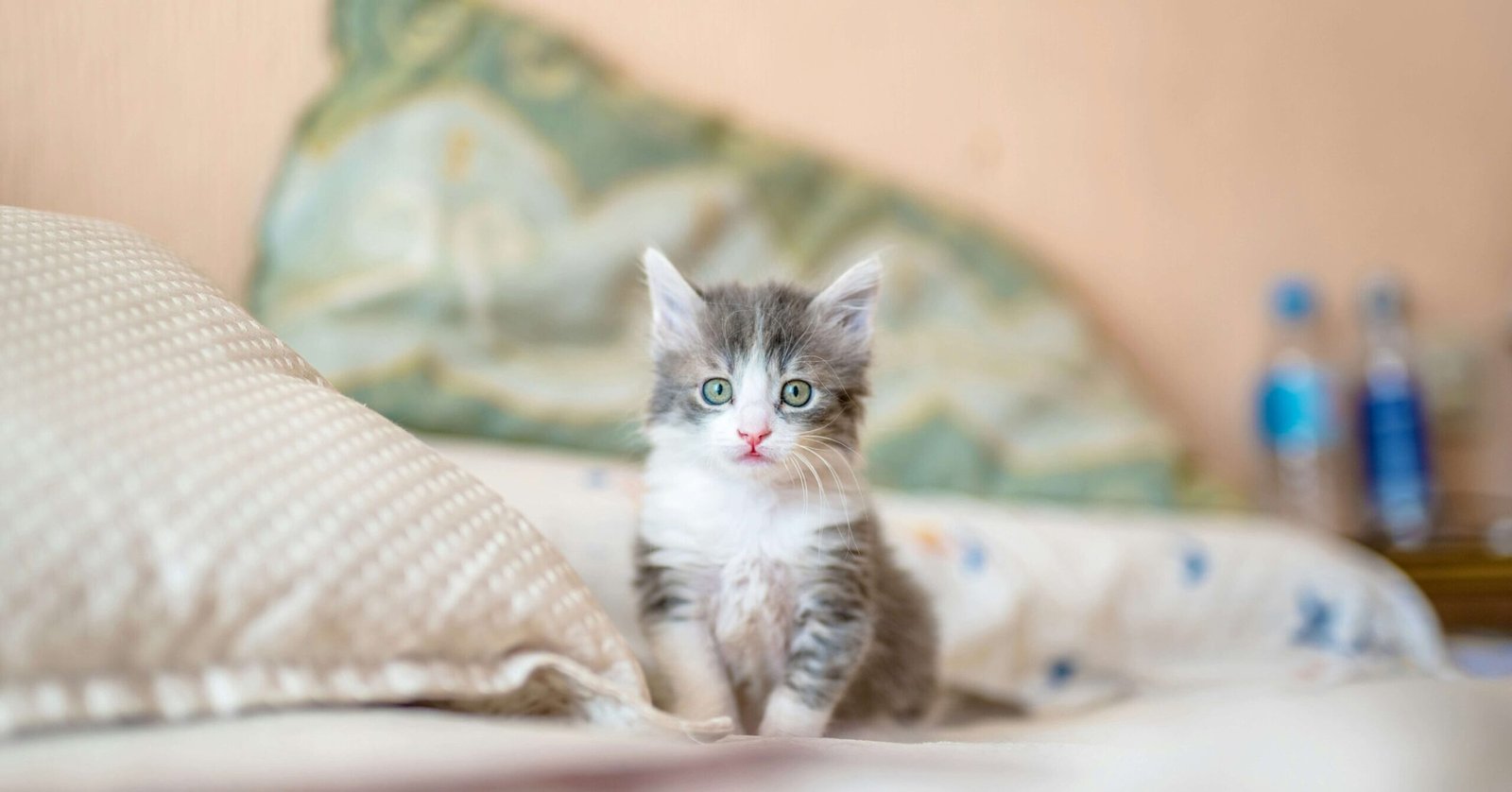Thinking about taking your cat to a hotel? Whether it’s for a vacation or a necessary trip, this guide will answer your most pressing questions about hotel stays with cats. Let’s focus on what really matters to make your hotel stay successful!
Is Your Cat Really Ready for a Hotel Stay?
Before booking that pet-friendly room, let’s be honest – not every cat is cut out for hotel life. Here’s how to know if your cat might be a good candidate:
Good Signs ✅
- Adapts fairly well to new environments
- Doesn’t hide for hours after minor changes at home
- Stays calm in their carrier
- Has manageable anxiety levels
- Generally quiet or has a soft meow
Red Flags 🚫
- Extremely territorial
- Takes days to adjust to small changes
- Loud, frequent meowing
- Severe anxiety in new places
- History of stress-related behaviors
Consider pet-sitting or boarding options if your cat shows several red flags. It’s better to be honest about this than to create a stressful situation for both of you!
The Biggest Challenge: Nighttime Noise
Let’s tackle everyone’s biggest worry – what if your cat meows all night? Here are proven strategies that actually work:
Prevention (Most Important!)
- Choose a room away from the elevator and ice machines
- Request a corner room if possible
- Book the ground floor to minimize anxiety about heights
- Maintain their regular feeding schedule
- Exercise and play before bedtime
If Your Cat Does Start Vocalizing
- Immediate Actions:
- Don’t scold – it increases anxiety
- Speak softly and reassuringly
- Offer their favorite treat
- Use interactive toys for distraction
- Quick Environment Fixes:
- Turn on soft music or white noise
- Keep a night light on
- Block under-door light with a towel
- Create a cozy hiding spot
Can You Leave Your Cat Alone in the Hotel Room?
This is tricky but sometimes necessary. Here’s what you need to know:
Maximum Time Guidelines:
- First day: Max 1-2 hours to test their reaction
- After adjustment: No more than 4-6 hours
- Best practice: Check in during longer absences
Essential Safety Measures:
- Put up the “Do Not Disturb” sign
- Inform front desk about your cat
- Leave your contact number
- Ensure all windows are secured
- Remove access to dangerous areas
Room Setup for Alone Time:
- Create a safe zone away from the door
- Leave multiple water sources
- Set up a comfortable resting area
- Ensure the litter box is easily accessible
Quick Adaptation Tricks (That Actually Work!)
Here’s how to help your cat feel at home faster:
First Hour is Crucial:
- Set up their litter box first
- Create a familiar-smelling space with their bed
- Let them explore at their own pace
- Keep the room quiet and calm
The “Home Base” Method:
- Set up one corner as their safe space
- Use familiar bedding and toys
- Keep this layout consistent throughout your stay
- Place food and water near their safe space
Smart Hotel Selection: Beyond the “Pet-Friendly” Label
Just seeing “pet-friendly” isn’t enough! Here’s what to look for when choosing a hotel for you and your cat:
Room Location Matters
Best Options:
- Ground or lower floors (for safety)
- Corner rooms (quieter)
- Away from elevators and ice machines
- Rooms with secure windows
Avoid:
- High-traffic areas
- Rooms near housekeeping stations
- Top floors
- Rooms next to meeting spaces
Essential Room Features
- Adequate bathroom for litter box
- Working climate control
- Secure windows with screens
- Clean, well-maintained space
Key Questions to Ask
- “What are your specific pet policies?”
- Pet fees (one-time vs. daily)
- Rules about leaving pets alone
- Required Documentation
- “How do you handle pet situations?”
- Staff protocol for entering the room
- Emergency procedures
- Housekeeping arrangements
Red Flags to Watch For 🚫
- Vague pet policies
- Hidden pet fees
- No protocol for emergencies
- Poor maintenance (gaps, loose vents)
- Staff unfamiliar with pet policies
Pro Booking Tips
- Call the hotel directly to verify the policies
- Get all pet arrangements in writing
- Check for nearby vet clinics
- Read recent pet-owner reviews
Basic Essentials (Keep It Simple)
Don’t overpack! Just bring the true essentials:
- Carrier
- Portable litter box + litter
- Food and water bowls
- Basic first aid items
- Comfort items from home
- Cleaning supplies for accidents
Emergency Ready (Just in Case)
Keep these handy:
- Local vet contact
- Pet poison hotline: (888) 426-4435
- Photo of your cat
- Basic medical records
Final Tips for Success
- Book a trial run at a local hotel for one night before longer trips
- Watch for stress signs:
- Excessive grooming
- Loss of appetite
- Unusual aggression
- Hiding for extended periods
- Have a backup plan – know where nearby pet boarding facilities are, just in case
Remember: Every cat is different, and that’s okay! What works for one might not work for another. Start small, be patient, and always prioritize your cat’s comfort and safety over travel convenience.
Need more specific advice? Check out our travel tips section or leave a comment below with your questions!

